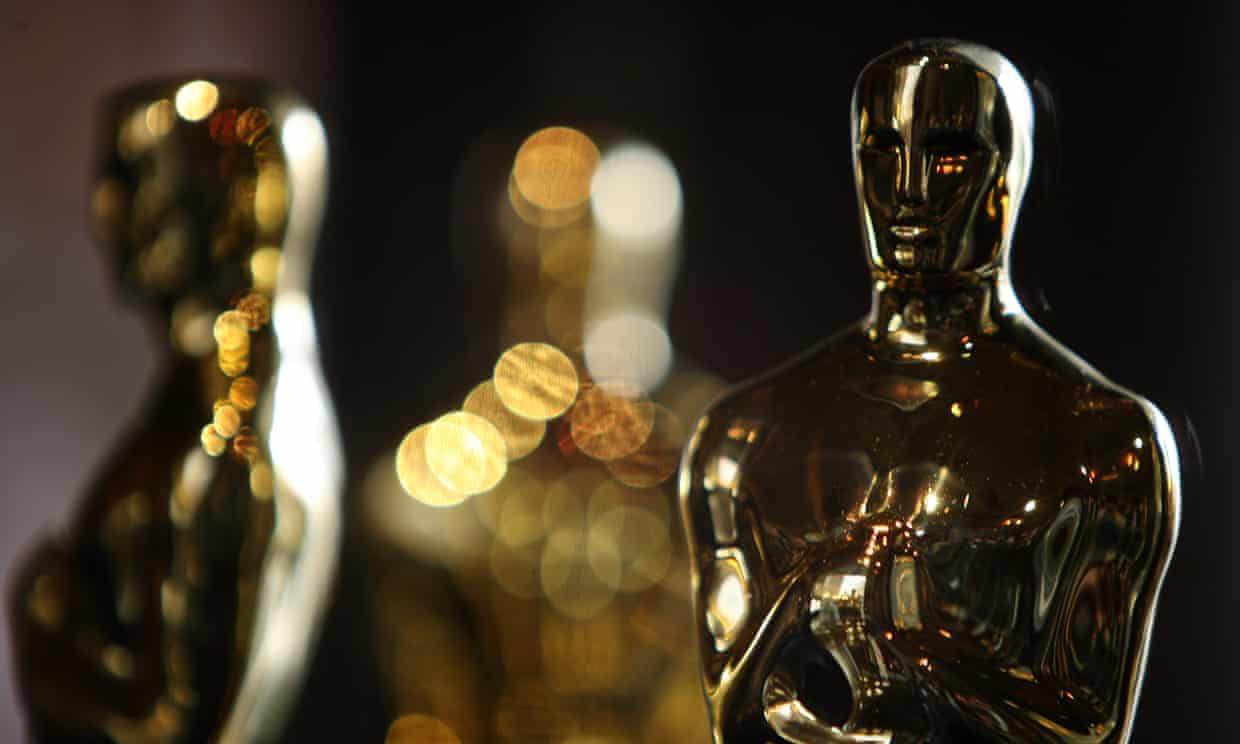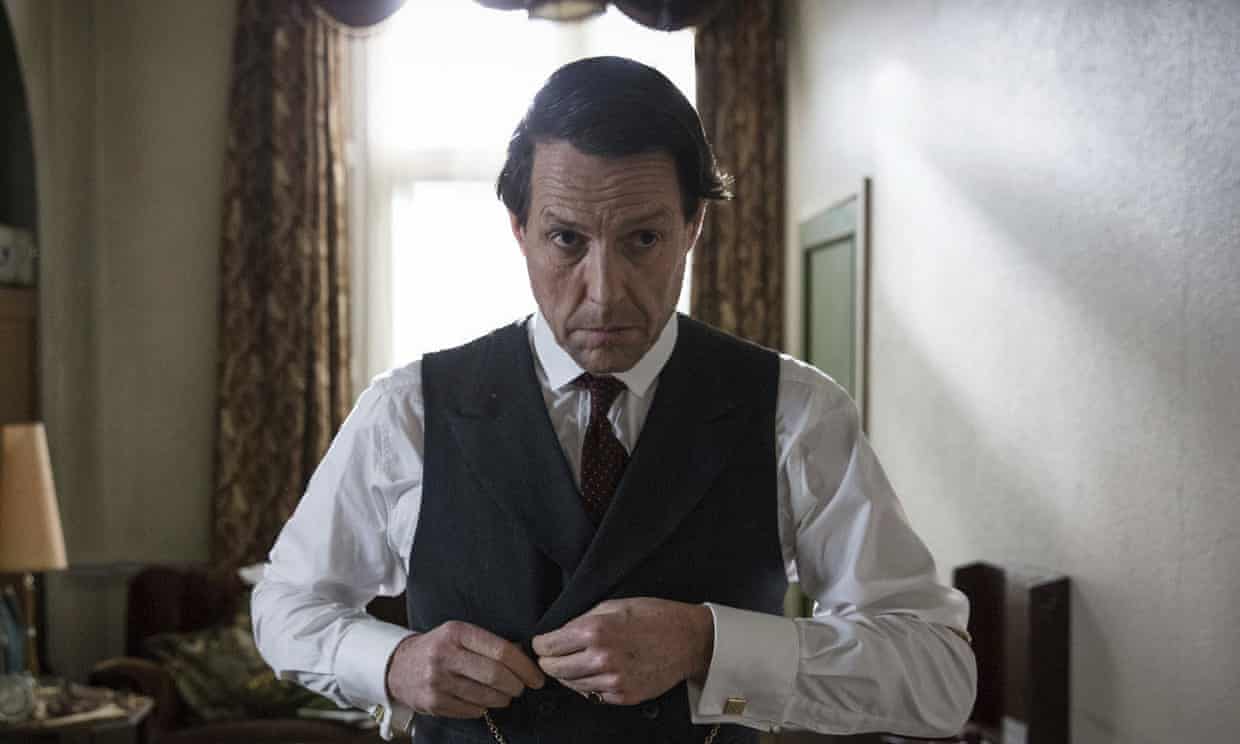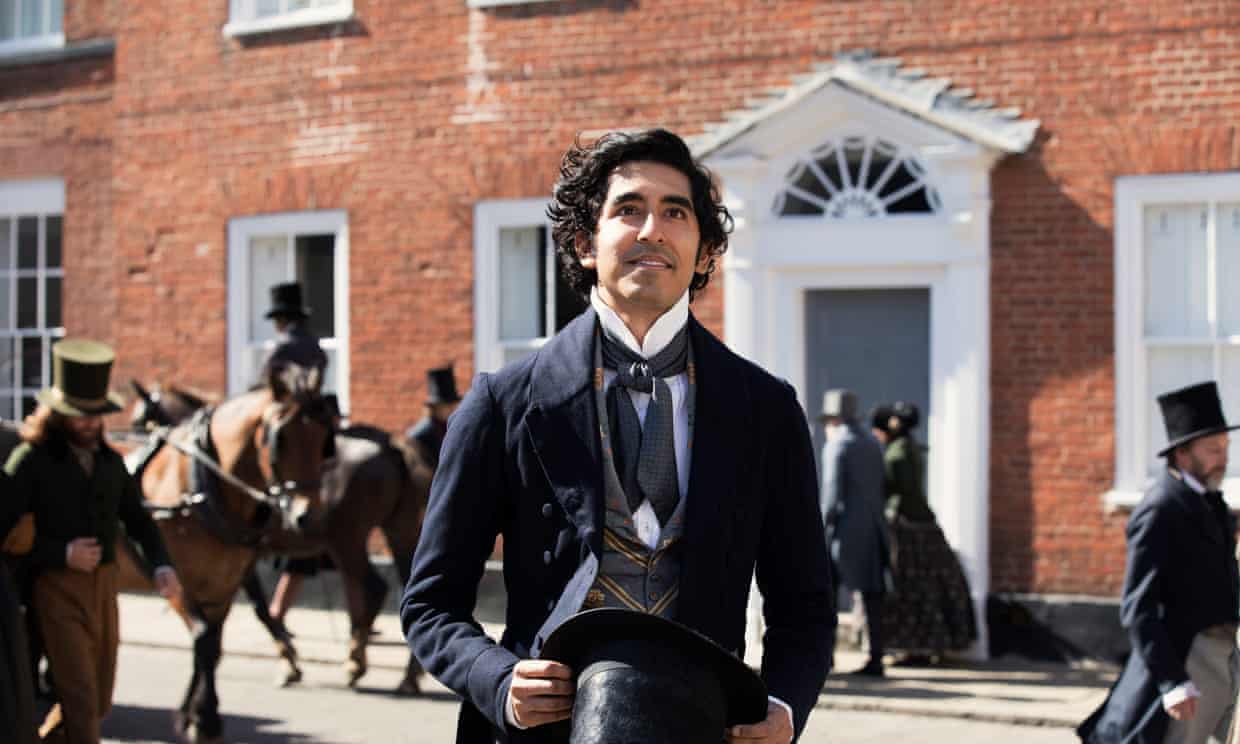
Oscars 2020
Casting directors are essential to any great film – so where are their Oscars?
This year’s Baftas will be the first to honour the people who chose the actors we’re used to see clutching their statuettes. When will the Oscars follow suit?
by Leaf ArbuthnotAs the buildup to the Oscars gets noisier, spare a thought for casting directors. They have, yet again, been given the cold shoulder. While producers, editors and special effects nerds all get to vie for the world’s most famous statuette, casting directors do not. There is no Oscar for them to tearfully clutch. Indeed, it is a rare thing when an actor, fresh from receiving the industry’s top prize, remembers to thank the person responsible for getting them the role in the first place.
Change is long overdue. While the Baftas on Sunday will present an inaugural award for casting, there is no sign that the Academy is considering following suit. Casting directors have been lobbying for decades to be given their own category, but to no avail. “It’s not about just getting a gong,” says Fiona Weir, who cast Love Actually and the Fantastic Beasts films. “It’s about the profession we love being acknowledged.”
Academy bigwigs may not rate the work of casting directors, but many film-makers do. Stephen Frears, director of The Queen and A Very English Scandal, tells me that he “wouldn’t even cross the road” without his casting director, Leo Davis. “Whenever I make a good film, it’s generally down to the writing and the casting,” he says. Would he give an Oscar to casting directors? “I would give them the kingdom of heaven. I would give them whatever they want. They are priceless. I spend my life on my knees being grateful to casting directors. I have no sympathy for people who can’t see what their contribution is.”
Martin Scorsese, too, has heaped praise on the profession. “More than 90% of directing is the right casting,” he has said.

So why is the Academy dragging its feet? Partly, it’s due to the nature of the job. Casting directors do their work at the start of the process, sometimes before the film or show has even been financed. There can be a gap of years between the casting of a project and its appearance in cinemas or TV schedules. This interlude can cause lapses of memory and respect: it is not uncommon for casting directors to fail to be invited to their own premieres.
Another reason is the discretion demanded by the role. Tact is vital. Conversations about who should play which part happen behind closed doors. “The process is hidden because we love and care about actors, and understand the work that goes into putting yourself forward for a role,” says Weir.
There is also the fact that excellent casting is, almost by definition, difficult to detect. “If you notice the casting of a film, we haven’t done a good job,” say Debbie McWilliams, who cast the recent Bond films. “The actor should inhabit that role 100%.”
“You don’t just wake up one morning and say ‘I’m a casting director,’” McWilliams adds. “You have to put in years, and become a real expert in your field.” Casting directors typically go to the theatre twice a week or more; they spend their weekends combing TV shows in all languages for talent. They are magpies, on duty 24/7, and are often responsible for catapulting unknown actors to stardom.
There could also be some sexism at play. Today’s casting directors are usually female, while 100 years ago, casting directors were mostly male employment brokers who would mooch about in train stations, pouncing on anyone they thought was suitable for a role on screen.
After a crackdown, women took to the profession. In the 1960s, pioneers such as Marion Dougherty revolutionised casting by choosing actors according to ability rather than looks. Dougherty employed only women at her office in Manhattan, fought the actor’s corner and played a crucial role in shaping films such as Flashdance and Annie Hall. Yet her work went mostly unrecognised and she had to fight to be named in opening credits.

Casting was seen as essentially administrative: a secretarial role shaped by women – and suited to them. Attitudes haven’t evolved all that much since. Casting directors are still regarded by some as glorified list-makers. The fact that casting has been seen as pink-collar work has diminished the respect the profession commands, says Brian Herrera, a professor at Princeton who is writing a book on the history of casting. “It’s a category of labour that remains largely unacknowledged, underpaid and underresourced.” Casting directors’ work, he adds, is “absolutely essential to the illusion of the art”. And yet some directors still talk about their casting director “as they might talk about their housekeeper”.
Whereas in the past a production’s diversity boxes would be ticked by using non-white actors to fill small roles (shopkeepers, nurses, doctors), things are now improving thanks to the efforts of forward-thinking casting directors. Even roles in period dramas are being given to non-white actors, like Dev Patel, who was cast by Sarah Crowe to play David Copperfield. Introducing an Oscar for casting could encourage similarly bold and progressive decision-making.
There is another reason to hope that the tide could change. Last year, the Academy elected a casting director, David Rubin, as president for the first time. Rubin will know only too well how it feels to be excluded from the industry’s showpiece awards ceremony.
If Bafta has managed to adapt to the times, the Academy could, too. I ask Kate Rhodes James, who has cast TV shows such as Bodyguard and Dracula, how it felt when Bafta decided to create a casting award. “Phenomenal,” she says. “We were invited to the party. We didn’t have to press our noses against the glass anymore.” Wanting recognition, she points out, is natural. “Everyone needs to be valued for what they do.”